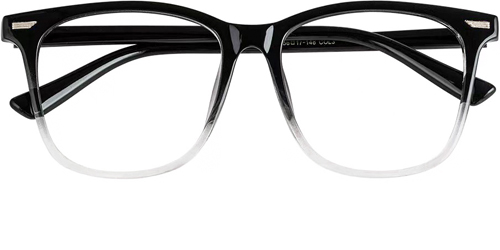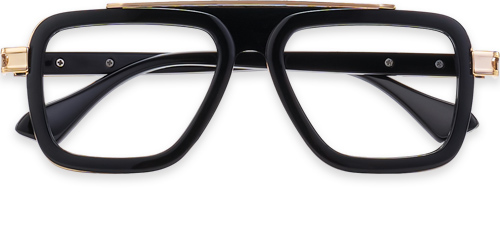Dizzy? Adaptation to your new glasses
Adjusting to new glasses, whether you've switched to a new prescription or are wearing them for the first time, can be a challenge for some people. If you feel your new glasses does not correct your vision as well as your old eyeglasses or you feel a little bit uncomfortable such as eye strain, dizziness or distortion. This is completely normal in the first week as long as your prescription is correct.
Problems May occur when you Adjusting to new glasses
Eye strain– You might experience eye strain in the first days you wear your new glasses.
Distortion– Different parts of your vision might change slightly as you are adjusting to new glasses, perhaps depending how far away an object is from you.
Fishbowl– The image may seem “bent” at the edges. The center of the image may be clear.
Depth perception– You may find it hard to discern how far away or how close an object is at first.
Slight Dizzy— Slight dizziness is most common in patients who receive their new pair of eyeglasses especially with astigmatism and multifocal lens correction. The dizziness should not be persistent.
Headaches– This is one of the more concerning conditions. If new glasses cause headaches, consult your eye doctor.
WHY?
Many factors could cause problems while you adjust to new glasses. It is common for your brain and your eye to take some time to adjust your new glasses, you are seeing like you didn't before. Just like your feet need some time to adapt to your new dressing shoes. So, do not panic, it is normal. There are many reasons can cause this problem like:
- New Prescription
- New Lens type
- New lens material
- New Frame Shape and Frame Size
- First Time Wear Glasses
All these reasons can give you a hard time when you wear your new glasses for the first time. However, this should not be persistent. Most people will get used to their new glasses within a few days. Patient's physical differences can lead to longer or shorter adaptation period.
How to Adjusting Your New Glasses?
- Maintain a good mental attitude
Understanding it is normal if you feel unconformable while adjusting your new glasses. Understand your corrective lens prescription, so you know what to expect. Normally, you may find it is easier to adjust your single-vision lenses which correct vision for reading or distance only. But, it takes more time to adapt your multifocal glasses, including bifocals and progressive lenses.
- Pay attention to safety
If you are experiencing these problems, start by wearing your new glasses only in your home or other safety place. We recommend not to plan long-distance driving or strenuous activity during your first few days with your new prescription.
- Don't wear old glasses
Don’t wear old glasses anymore, this can help your brain and eyes to adapt your new glasses more easily.
- Keep your glasses clean
Keep your glasses clean, and protect your eyeglasses by storing them in the case overnight. Bent frames or scratched lenses will make the adjustment period more challenging.
- The best thing you can do to help you to adapt your new glasses – Wear Them
Put them on and wear them when you get up. At that time, your eyes are fresh it is easy for your eyes and brain to adapt your new glasses. Wear them as much as possible during the day. Don’t wait and put them on later in the day because that shock can cause you to feel the effects.
- One more Tips for Multifocal Lens (Bifocal and Progressive)
If you are wearing multi-vision lenses, try moving your head to improve focus instead of only moving your eyes. This needs take a few practices, and can be challenging if this is your first pair of multi-vision lenses, but in time you should get the hang of it.
Warning
In general, wearing glasses should be comfortable, and adaptation to new glasses should not take so long. If your symptoms like discomfort, blurry vision, headaches or dizziness continue for more than two weeks, consulting your optometrist soon.














